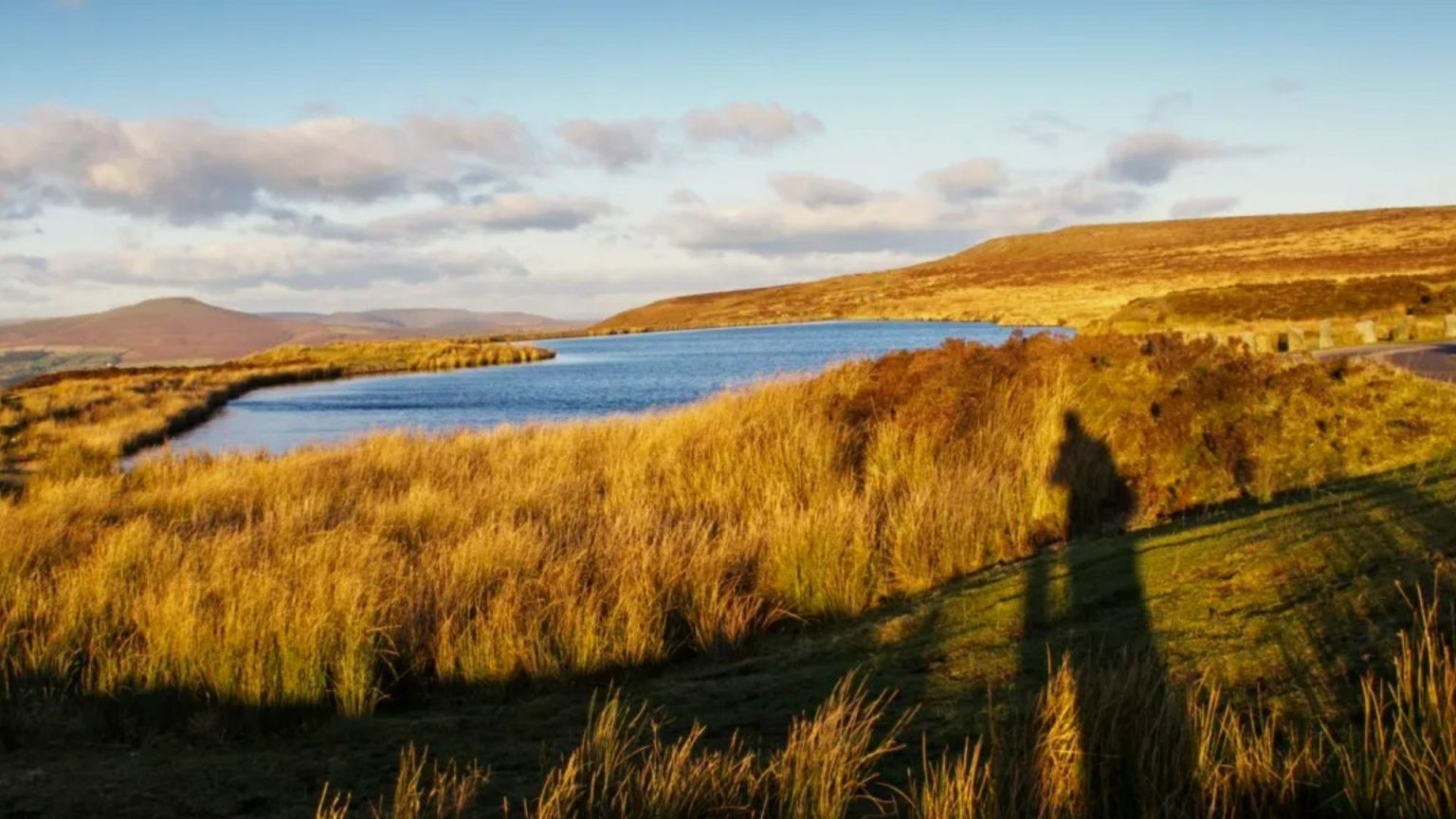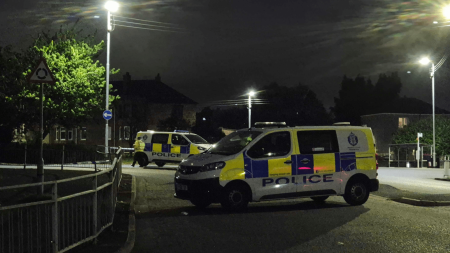The proposed implementation of a tourist tax in Wales has ignited a heated debate, particularly within the scenic Brecon Beacons National Park, a cherished destination for both local and international tourists. The Welsh government’s plan envisions a per-night charge for various accommodations, ranging from £1.25 for hotels and B&Bs to 75p for campsites, ostensibly to fund improvements in local infrastructure. However, this proposal has been met with fierce opposition from local businesses and residents who fear the tax will deter visitors and inflict significant damage on the region’s tourism-dependent economy.
Critics argue that the added expense will make Wales a less attractive vacation destination, especially for families. The cost for a family of four, for instance, could escalate by £35 to £70 per week, a considerable sum for many in the current economic climate. This concern is exacerbated by the absence of exemptions for children, further burdening families. Furthermore, local entrepreneurs argue that the tax will disproportionately affect rural areas like Brecon Beacons where tourism and farming are the primary economic drivers. Businesses already grapple with rising costs, including national insurance and VAT, and fear the additional tax will be the breaking point, potentially leading to job losses and hindering future investment.
One prominent voice against the tax is Ashford Price, of the National Showcaves Centre, who represents the Welsh Association of Visitor Attractions. He warns of the “catastrophic” consequences for the region, asserting that the proposed tax is “utter insanity”. Price has already halted a £1.5 million investment due to the looming levy, and he claims other attractions are following suit. The palpable sense of demoralization within the business community underscores the deep anxieties about the tax’s potential impact. Local businesses are questioning the government’s judgment and its apparent disconnect from the realities facing those on the ground.
This apprehension is echoed in nearby villages like Penycae, where pub landlord Anthony Christopher laments the increasing tax burden on small businesses. He expresses frustration with the government’s policies, highlighting the strain of existing taxes and the detrimental effect of adding another financial hurdle. Christopher, who recently completed a 14-bedroom hotel, admits he might have reconsidered the investment had he known about the impending tax. This sentiment encapsulates the wider concern that the tourist tax will stifle entrepreneurial spirit and hinder future development in the region.
Despite these concerns, the Welsh government maintains that the tax is necessary to invest in tourism infrastructure, such as public toilets, car parks, and improved access to natural attractions. They argue that prolonged austerity measures have left local authorities with limited resources for such investments, and the tourist tax offers a solution. The government points to similar levies in European tourist destinations as successful precedents. Finance Secretary Mark Drakeford defends the tax as a “small contribution” from visitors that will be reinvested in enhancing the visitor experience, ultimately benefiting the tourism industry.
However, opponents counter that these European models often operate within a different tax context, with lower VAT rates offsetting the impact of tourist taxes. In the UK, the existing 20% VAT rate adds to the financial burden on tourists. Furthermore, the Welsh government’s own impact report acknowledges the potential negative consequences of the tax, predicting a potential loss of 730 jobs and a £47.5 million hit to the economy. This stark projection fuels anxieties that the supposed benefits of the tax will be overshadowed by its detrimental impact on the tourism sector. With other UK cities considering similar levies, the debate in Wales serves as a microcosm of a larger national conversation about the balance between funding public services and supporting the tourism industry. The residents of Brecon Beacons and other tourism-dependent areas watch with growing concern, fearing that the pursuit of increased revenue could ultimately jeopardize the very industry it aims to support.











